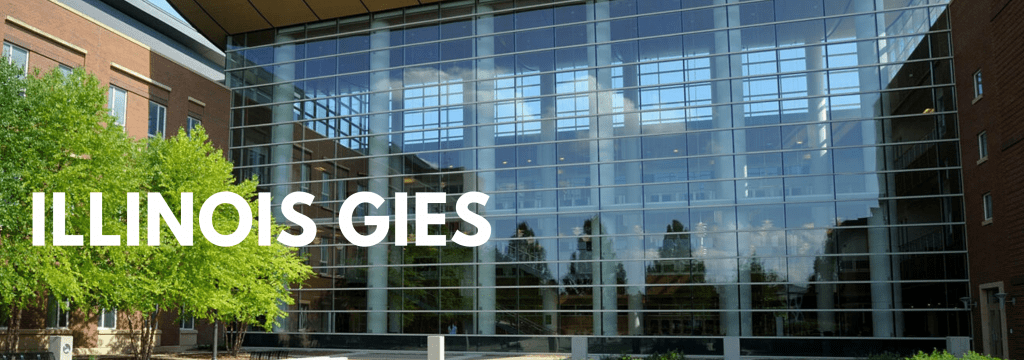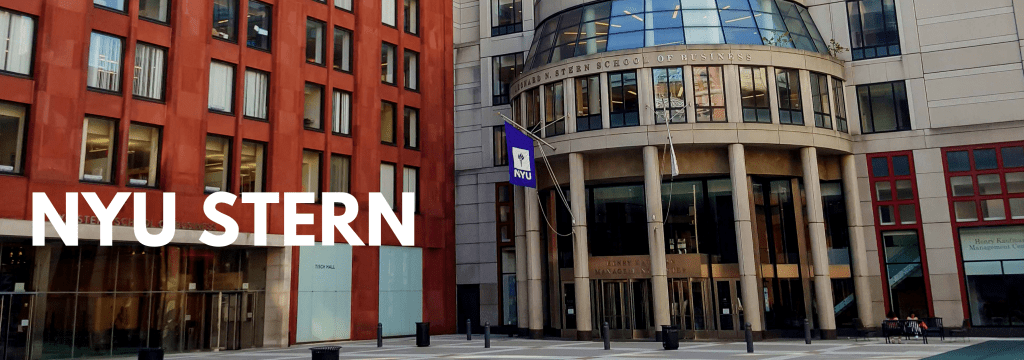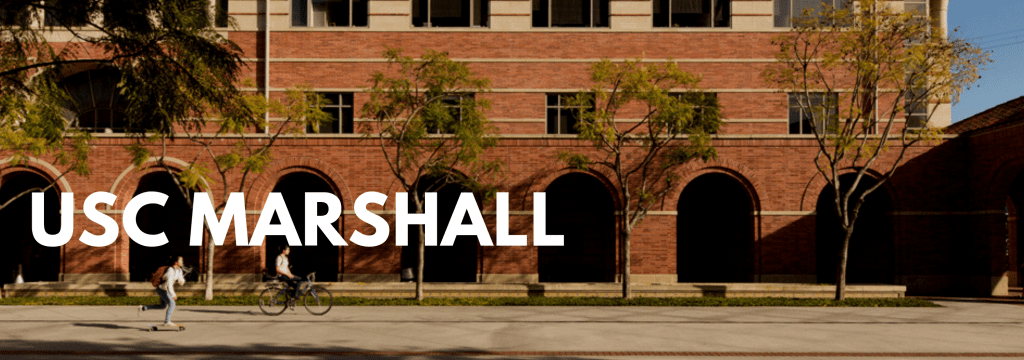A Guide to the Specialized Master’s in Accounting

Welcome to MetroMBA's Master's in Accounting Guide. While not a replacement for a traditional MBA program, a specialized Master’s in Accounting degree is ideal for professionals interested in working in public accounting and earning their CPA. At many top business schools, a Master’s in Accounting is focused on a career in corporate accounting or consulting, providing a strong knowledge base of accounting principles and business applications.
Scroll down to find some of the world's best Master's in Accounting degrees offered by the world's leading business schools: a list that continues to grow year by year. But first, what is a Master’s in Accounting, what does it take to graduate, and what career opportunities are available after graduation?
What is a Master’s in Accounting?
A Master’s in Accounting (MAcc) degree is hyper-focused on accounting. It is designed to prepare students for their CPA examination with a combination of graduate courses in accounting, management, tax, and leadership. The degree is designed for early career professionals with zero to five years of work experience, and want to pursue a career in corporate accounting. Students tend to be younger as previous work experience is not required and many students enter the program directly post-undergraduate school.
The degree dives into both fundamental and advanced subjects in accounting, including subjects such as tax research methodology, advanced auditing, corporate financial management, and ethics in accounting. The goal is to provide students with a deep understanding of the strategic role of accounting in business and society.
Graduates should be well versed in the fundamental concepts of accounting, effective accounting methods, and the knowledge required to pass the CPA exam. They’ll graduate with opportunities at one of the “Big Four” accounting firms (KPMG, Deloitte, PricewaterhouseCoopers, Ernst & Young) and advanced upper management positions.
Typical Coursework
Most MAcc programs jump right into accounting-focused curriculum with courses in accounting ethics, auditing, financial statements, tax planning and strategy, and more. However, there may be the opportunity for students to take more specialized accounting and finance courses such as those covering mergers and acquisitions or family wealth preservation.
Typical classes include:
- Corporate Financial Reporting
- Financial Decision Making
- Auditing and Assurance
- Business Taxation
- Financial Statement Analysis
- Business Law
Depending on the program, you may have the option to customize your coursework to a more specific area of finance. For example, you could choose to concentrate your curriculum in:
- Tax
- Auditing
- Forensic Accounting
- Management Accounting
- Accounting Information Systems
Program Accessibility
Most Master’s in Accounting programs tend to be shorter, requiring just 12 months to complete all requirements. Other MAcc programs may be slightly longer in length, up to two years, but typically that’s for a part-time program. Programs can be full-time or part-time, residential or online, it all depends on the exact program you choose. No matter the case, it’s typically an intensive and fast-paced program with a busy schedule.
Admissions into a MAcc program can vary based on the business school, but typically requires a high level of excellence in grades and test scores. Applications may consist of:
Applications may consist of:
- Resume (work experience ranges from 0 to 5 years, but averages around 0 to 2 years)
- Essay or Personal Statement
- Letters of Recommendation
- Academic Transcripts
- GMAT or GRE (averaging quantitative scores in the top 80 percent)
At minimum, applicants are expected to have a strong background in accounting, usually an undergraduate degree in accounting. Other common undergraduate majors include finance, business administration, and economics.
Typical Cost
The total cost of your Master’s in Accounting program will vary greatly based on the program you select. Tuition ranges from $25,000 to $85,000 for a year plus living expenses. In many cases, funding is available for MAcc students in the form of scholarships, fellowships, employer sponsorship (particularly from a Big Four accounting firm), and teaching assistantships. There are also loans and external financial support sources available.
Career Opportunities
The U.S. Bureau of Labor Statistics expects employment for accountants and auditors to grow 10.7 percent from 2014 to 2024, with about 142,400 jobs expected. Master’s in Accounting graduates are qualified to work as an accountant or auditor in the private and public sector. They can choose to take on specialized roles in financial analysis and budgeting or more managerial roles.
Graduates often go on to work in public accounting firms or for large financial institutions or government organizations. Potential employers include:
- PwC
- KPMG
- Deloitte
- Ernst & Young
- Grant Thornton
- Rothstein Kass
- BDO
- Capital Group
- Wells Fargo
- Credit Suisse
- Goldman Sachs
One thing to note is that Master’s in Accounting students typically earn less than MBA graduates, since they tend to have less work experience under their belts and a narrower range of skills. Projected salaries vary based on the exact career field but average around $69,350. The highest paid earn $122,220 while some of the lowest paid earn $43,020. Here’s how that breaks down:
Here’s how the salaries break down in terms of annual median salary (USD):
Financial Accountant: $53,740
Experienced Staff Accountant: $62,273
Audit Manager: $123,940
Intermediate Tax Accountant: $68,500
Information and Technology Accountant: $76,146
Financial Analyst: $77,280
Forensic Accountant: $80,066
The Top Master's in Accounting Programs
The McCombs School of Business at the University of Texas-Austin offers one of the most continually acclaimed accounting programs in the world. The school's Department of Accounting currently owns top honors in the U.S. for both its undergraduate and graduate accounting programs, according to U.S. News & World Report.
The McCombs MPA offers applicants three potential degree paths: the traditional, one-year MPA; an integrated MPA built for undergraduates that are also looking to earn a BBA; and an ECON-MPA for students attempting to earn a degree in Economics at UT Austin. Those in the traditional path must have an accredited Bachelor's degree. However, no work experience is required. A staggering 96 percent of MPA students at McCombs earn job offers before graduation, according to recent estimates.

The University of Illinois Gies College of Business offers two potential Master's in Accounting options: the traditional Master's in Accounting (MSA); and the Master of Accounting Science (MAS). The Gies accounting program is not only regarded as one of the best in the U.S. (currently 2nd overall on U.S. News & World Report's list of the country's "Best Business Schools"), but the best STEM-designated accounting program in the country as well. Two particular types of candidates are preferred for the undergraduate program: international students with an undergrad degree and U.S. students that do not have an accounting degree. MSA students enjoy a job placement rate of 98 percent with companies like KPMG, Deloitte, and EY, among others.
Students in the Master of Accounting (abbreviated as the MAcc) program at the the University of Michigan Ross School of Business, currently ranked 5th overall by U.S. News & World Report, typically see a 100 percent job offer rate within six months of earning their degree. As well, few schools can match Ross' placement efforts for the "Big Four" firms, with graduates earning roles at Deloitte, EY, PwC, and KPMG nearly every graduating year.
The USC Marshall School of Business offers one of the best Master's in Accounting program in the state of California, currently ranked 7th overall by U.S. News & World Report. The school's various accounting program offerings (MAcc, MAcc D+A and MBT) features 62 percent female students, with an average undergraduate GPA of 3.6, a GMAT average of 650, and a TOEFL average of 106.

NYU Stern's Master of Science in Accounting (MSA) is a one-year, 30 credit program currently regarded as the best specialized master's in accounting in the state of New York. Ranked 9th overall by U.S. News & World Report, the MSA currently enrolls 65 students, 60 percent of which are female, with an average GMAT score of 665 and a GPA of 3.56. These students typically had about 1.7 previous years of professional work experience prior to enrollment. In total, including tuition, fees, room, board, transpiration costs, and other miscellaneous fees, the cost of the program is currently $91,862.
 Loading Programs
Loading Programs



